What do you say to a Llama that loves picnicking? Alpaca lunch.
This presentation is available (now) at:
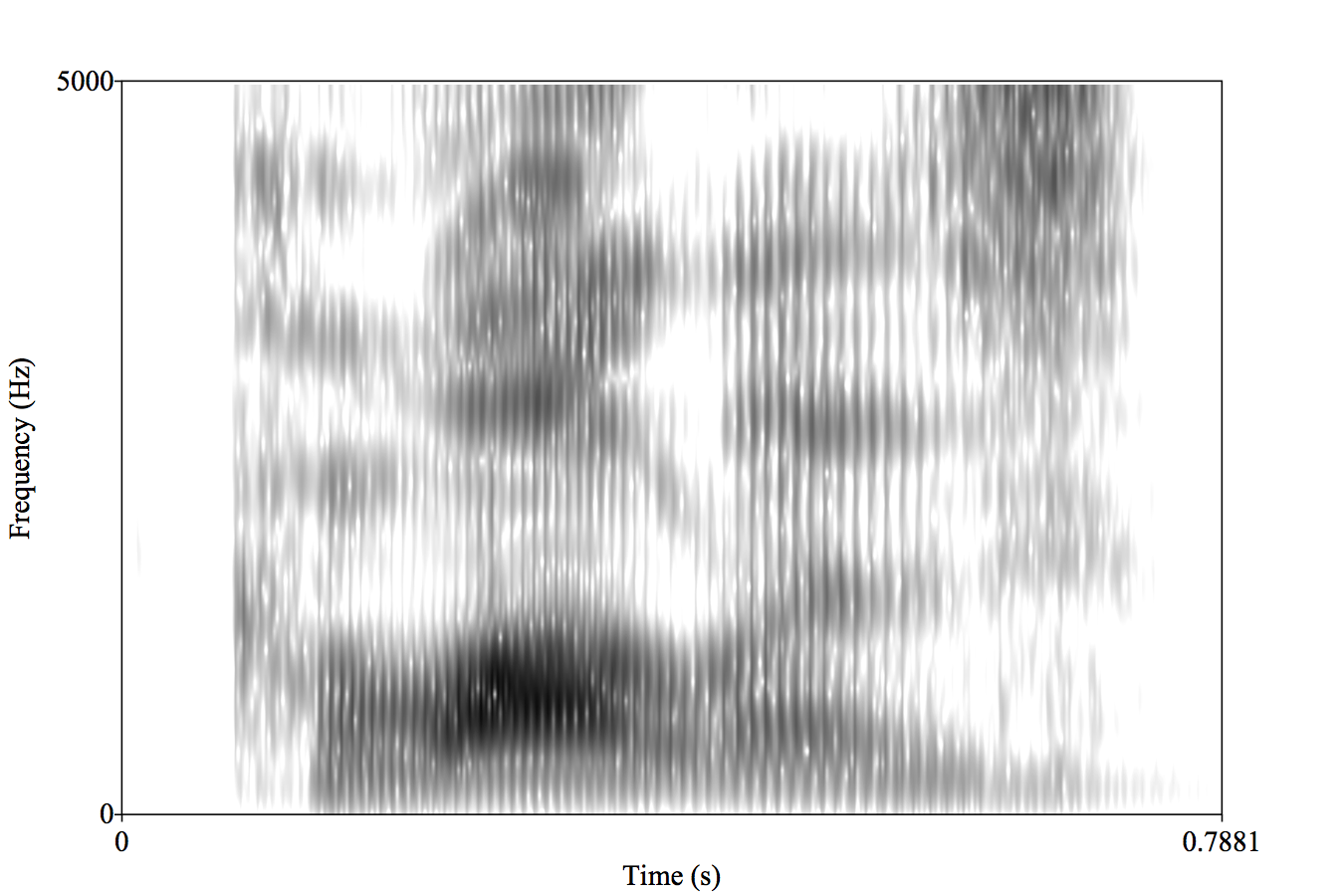 |
 |
Sound and Meaning
Will Styler - Semantics
The Classical View
Non-arbitrary signs
The sign is causally linked to the signfied
Smoke indicates fire
Bleeding indicates injury
Will's presence indicates crappy puns
Iconic (or representational) signs
A referential abstraction from the signified
☂ ☃ ☀
Some hand gestures


Arbitrary Signs
Referential only by agreement and widespread knowledge
Non-representational symbols (♄)

Non-iconic gestures
- ... and, most importantly...
Language!
We're kind of committed to that idea
"Language - A System of Arbitrary Signs"
(from Finegan's Language: Its Structure and Use)
(Most) language is based on sound
 |
 |
- ###The connection between sound and meaning is arbitrary!
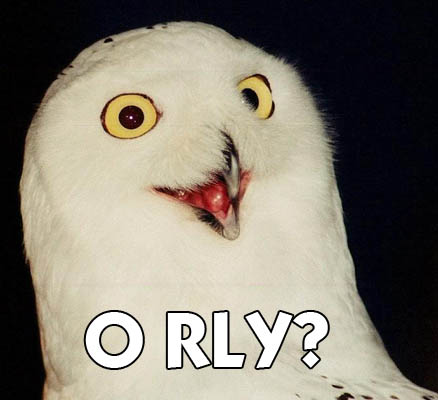
Phonosemantics
Phonosemantics
The study of and search for non-arbitary meanings in speech sounds
How can sound have non-arbitrary meaning?
Iconicity
Analogy
Emergent groupings
Sounds really mean something
Meaning by Iconicity
"Sound Effects"
"Boom!"
"Pew pew pew!"
"Vroom vroom!"
Sound effects can be arbitrary, too!
- (c.f. Rimshot, Sad Trombone)
Onomatopoeia
Onomatopoeia
Words which, when spoken, sound kind of like the things they represent
- (See also the idea of an Ideophone)
Onomatopoetic Words in English
Gurgle
Woof
Snip
Whoosh
Tweet
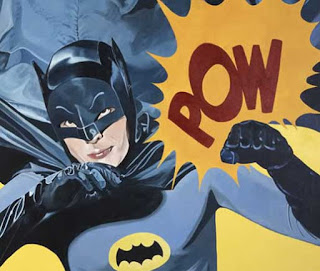
What's your favorite onomatopoetic word?
Onomatopoeia differs across languages

A rooster says...
cock-a-doodle-doo (English)
kukko kiekuu (Finnish)
chicchirichí (Italian)
kuklooku (Urdu)
kukuriku (Hungarian)
Sourced from this awesome site
(So, different languages can't even map sounds onto sounds uniformly)
Sometimes, the meaning comes from how you say it
Suprasegmental Changes
The changes you can make to a pronunciation without changing the sequence of phonemes used.
Types of Suprasegmental Changes
Pitch of the voice
Duration of sounds/words
Voicing type (Breathy, Creaky)
Articulatory Setting
How could we use each of these to express iconic meaning?
... but meaning doesn't have to come from iconicity at all!
Meaning by Analogy
Phonological Analogy
Mental links between words which sound similar to each other in some way
"Meaning by association/spreading activation"
Most relevant to neologisms
Sometimes morphologically analyzable
Meaning-by-analogy is everywhere
Analogy at Hogwarts
Slytherin House
Severus Snape
Luna Lovegood
Voldemort
Analogy in PR Crises
Altria (Formerly Philip Morris)
Academi
(Formerly Blackwater)Xfinity
(Formerly Comcast)VALIC
(Spun off from AIG)Analogy in Antidepressants
Elavil
Surmontil
Zoloft
Paxil
Wellbutrin
Analogy in Cosmetics
Re-Nutriv
Eternicils
Amplicils
Orchidee imperiale
- lol
Analogy in other products
Volkswagen Jetta
Febreze
Rogaine
... but sometimes, whole groups of words sound alike
Meaning by Emergent Groupings (Phonaesthemes)
An Experiment
"Would you like to buy a new Glimp? It..."
a) Sharpens knives.
b) Lights up your house.
c) Tastes good.
"Damnit, I left my meb in the car!"
a) I won't be able to sew as well.
b) I'll be unable to fill my bird feeders
c) What if there's a fire?!
"Have you seen my snofter?..."
a) My nose is sore.
b) I dropped a glass.
c) It's cold in here.
"I got diabetes. It must be from drinking all that..."
a) Blurge cola
b) Murple cola
c) Slize cola
"You Mom is plafty."
a) "Them's fighting words."
b) "Maybe?"
c) "Thanks!"
"Your Mom is slafty."
a) "Them's fighting words."
b) "Maybe?"
c) "Thanks!"
Phonaesthemes
"Frequently recurring sound-meaning pairings that are not clearly contrastive morphemes"
(definition from Bergen 2004)
Phonaesthemes in English
gl- ‘light, vision’ glimmer, glisten, glitter, gleam, glow, glint, etc.
sn- ‘nose, mouth’ snore, snack, snout, snarl, snort, sniff, sneeze, etc.
sl - 'pejorative', slack, slouch, sludge, slime, slash, sloppy, slug, sluggard, slattern, slut, slang, sly, slither, slow, sloth, etc.
b_l - 'expand abnormally', blimp, bulge, bulk, balloon, blip
Phonaesthemes aren't morphemes!
in- 'inedible', 'inconceivable', 'indelible', 'incorrect' is a morpheme, not a phonaestheme!
If they're not morphemes, what are they?
Emergence
Complex systems and patterns which arise through simple interactions
Langton's Ant
At a white square, turn 90° right, flip the color of the square, move forward one unit
At a black square, turn 90° left, flip the color of the square, move forward one unit
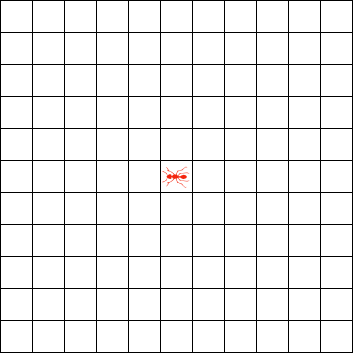
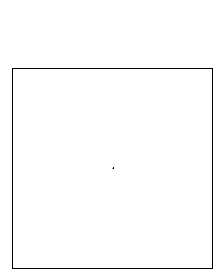

Emergence is useful in language
It could account for phonological phenomena
Bug -> Bugs
Tug -> Tugs
Rug -> Rugs
Wug -> ???
- Note that there's no "rule" here
It could account for constructions in Syntax
She cut her way through the jungle
She fought her way through the orcs
She bribed her way through the Senate
She resected her way through the abdominal cavity.
- Construction Grammar is an emergent flavor of syntax.
It could account for phonaesthemes!
How could phonaesthemes emerge?

How real are phonaesthemes?
Bergen 2004
Bergen 2004 tested this by playing pairs of words which were:
Phonaesthemes (glitter:glow)
Similar sounding (druid:drip)
Similar meaning (cord:rope)
Similar sound/meaning, but not a group (crony:crook)
Baseline (frill:barn)
How real are phonaesthemes?
Reaction times were faster after a phonaestheme than after any other condition!
These results very clearly indicate that targets are responded to much more quickly when they share a phonaestheme with their prime than when they share form, meaning, both, or nothing with it.
So, they sure act real...
Phonaesthemes in language
They can attract new members (drag, flag, lag, and sacke -> "sag")
According to Keith McCune, most Indonesian language words have phonosemantic components.
Japanese has a rich system of phonosemantics (according to this guy)
... but all of these deal with relations between words.
Do sounds themselves actually have meanings?
The Meaning of Sounds
There are two sides to this coin:
Psuedoscience "sound meanings"
Actual cognitive phenomena
Sound Symbolism Silliness
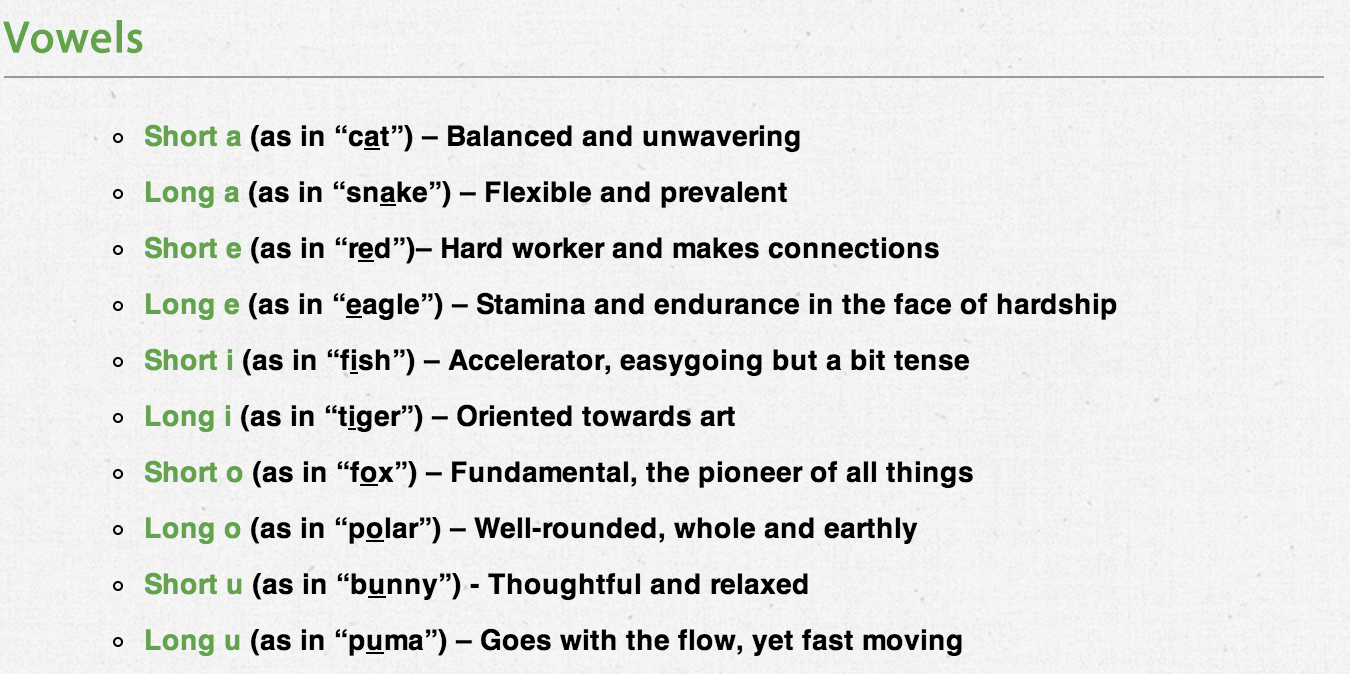
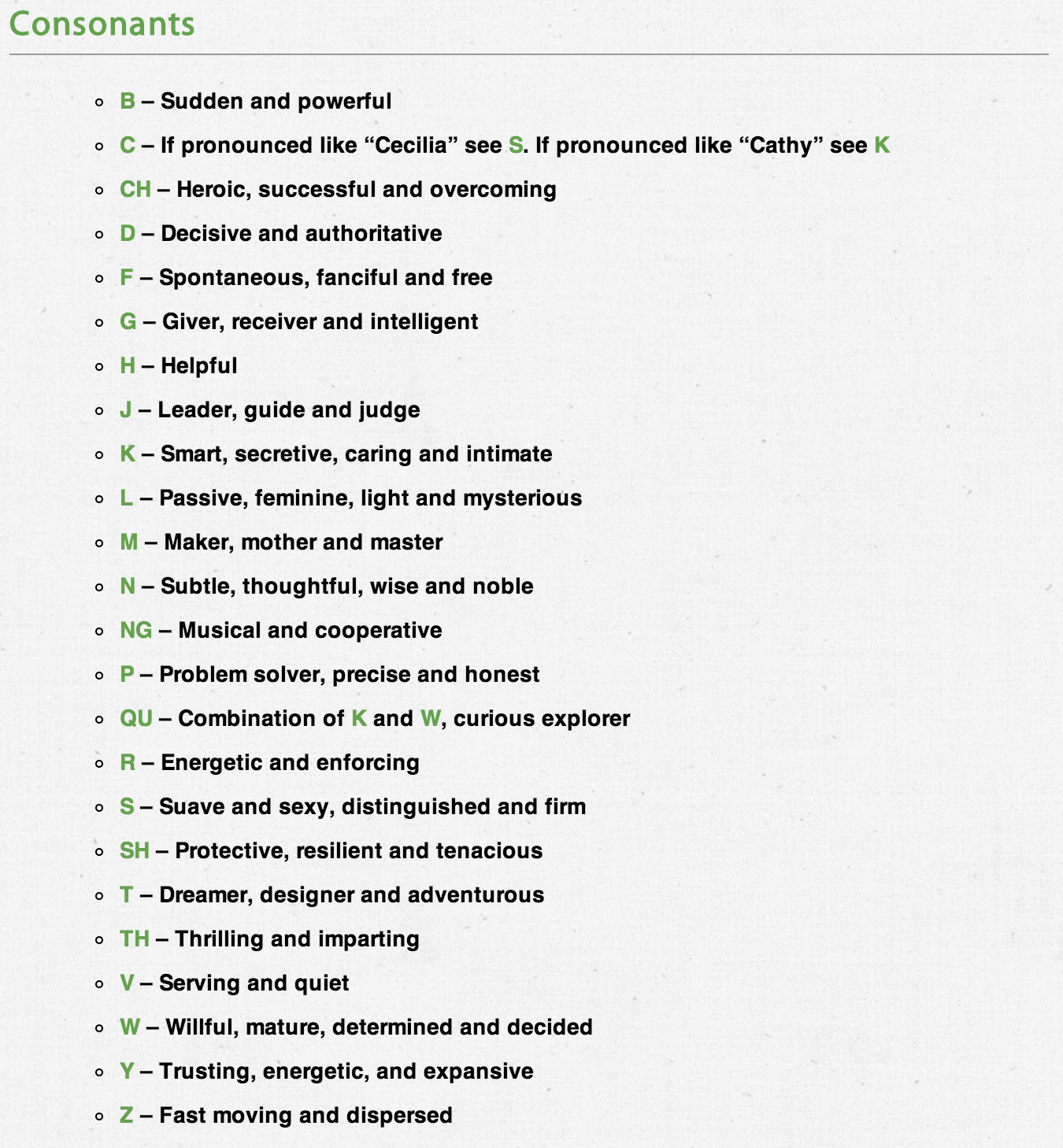
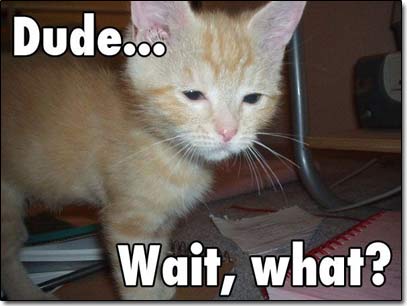
"Sound symbolism" in product naming
"BlackBerry" (Fast segments, nicely timed)
"Dasani" (CVCVCV, simple syllables)
"Swiffer" (Psuedo-phonestheme, onomatopoetic)
People pay Lexicon Branding lots of money to do this.
LOL
There are some real phenomena...
An experiment!

Kiki
Bouba
The Bouba/Kiki Effect
First observed on Tenerife (in Spanish) by Wolfgang Köhler in 1929. There, it was "Takete" vs. "Baluba".
Repeated with US and Tamil Undergrads by V.S. Ramachandran and Edward Hubbard. 95% labeled them as expected.
Why Kiki and Bouba?
Perhaps it's mouth-shape related (high vowels vs. lower vowels? Lip rounding?)
Perhaps direct sensory integration.
Autistic Children do not show a Bouba/Kiki effect
But it's clearly more complicated than the marketers think.
Problems with Phonosemantics
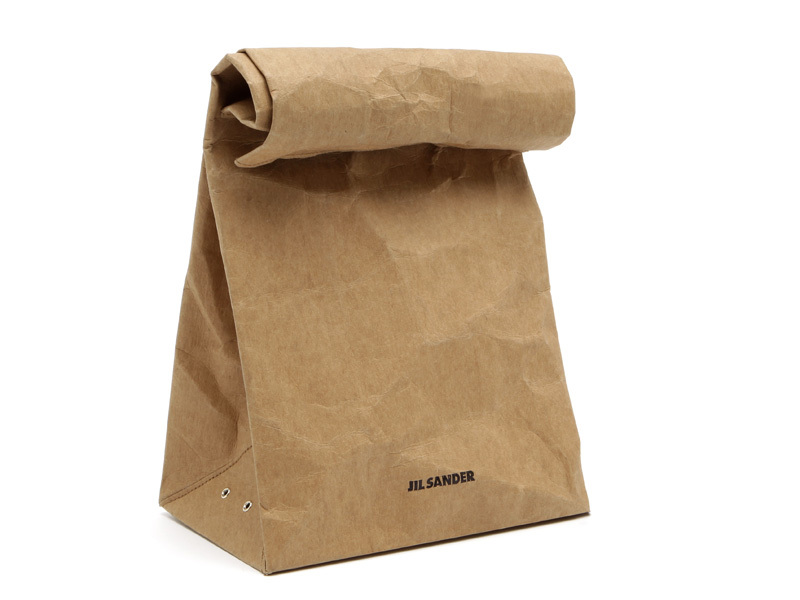
Phonosemantic Problem #1
- Neologisms (new words) aren't uniform.
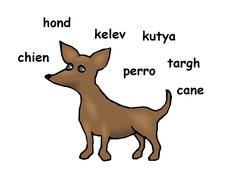
Phonosemantic Problem #2
- Different languages use different sounds to describe the same meaning.
If these effects exist, they're not that strong.
So, do sounds have meaning?
Words and speech can have iconic meaning
Onomatopoeia
Iconic Suprasegmentals
Words can pick up meaning from near neighbors
Similar sounding words can prime meanings
Spreading activation of meaning
Groups of words can sound alike
Phonaesthemes are groups of semantically and phonologically related words.
Phonaesthemes emerge from lexical statistics
Words with phonaesthemes will inherit the meaning of the group.
Sounds can have meaning

... but not nearly as often as the marketers wish!
One concept, many words
It's most certainly not deterministic
These effects are the exception, not the rule.
So, sounds have meaning, but...
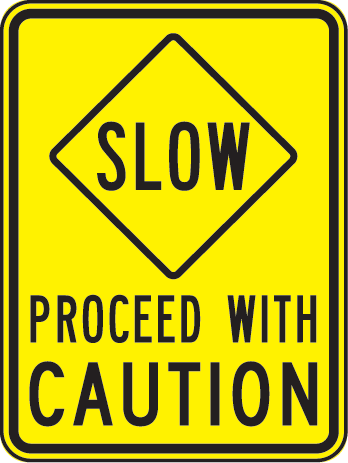
Other phonosemantics resources
Will Styler - will@savethevowels.org
